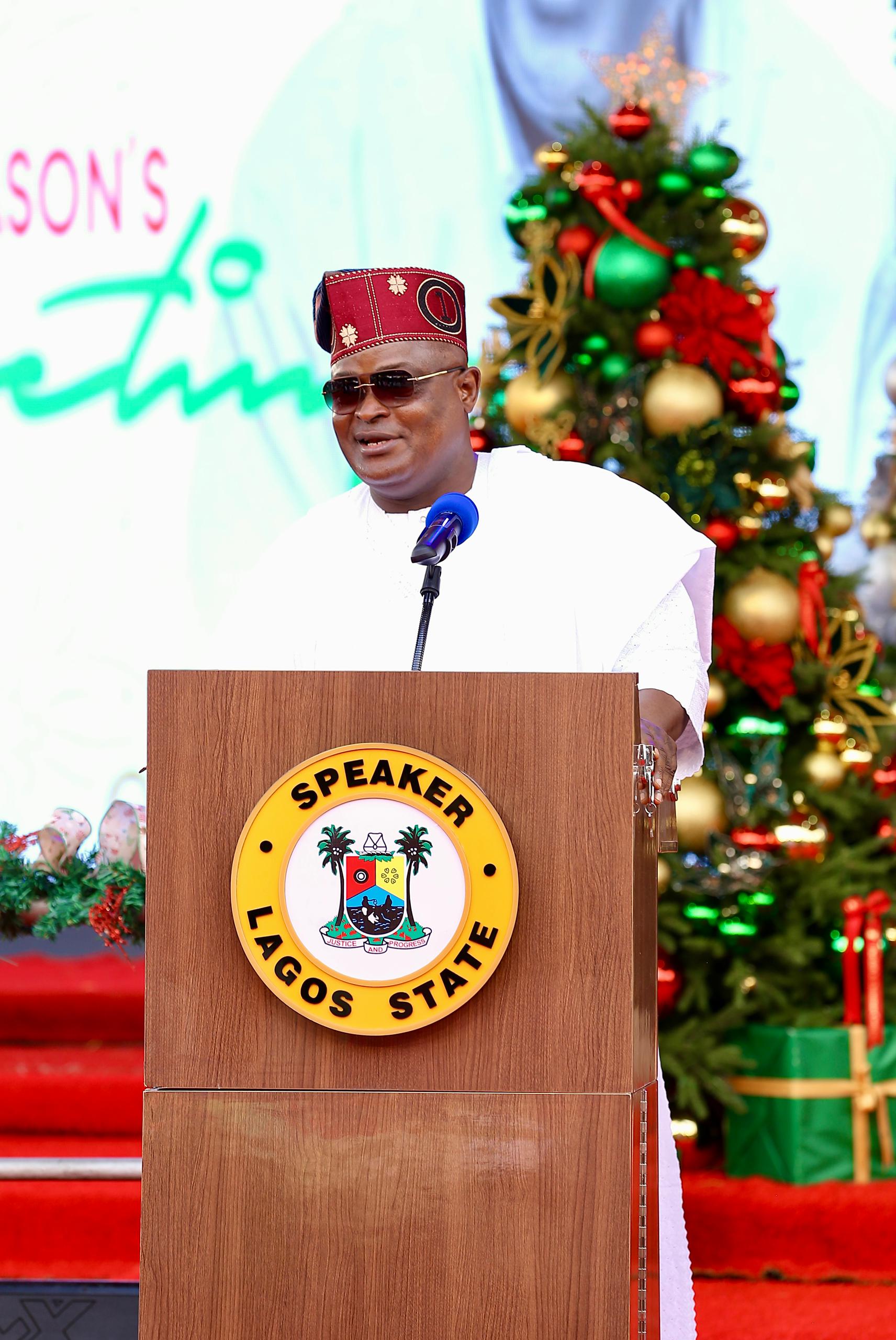President Tinubu unveils plans for Nigeria’s first National Industrial Manpower Development Policy to align education with industry needs and boost productivity
National Industrial Manpower Development Policy is set to debut as President Bola Tinubu’s administration moves to position Nigeria’s human capital as the nation’s greatest asset.
Also read: Economic transformation through collaboration takes centre stage at CIoD Abuja
Speaking at the National Industrial Manpower Summit 2025 in Abuja, Tinubu represented by Vice President Kashim Shettima stressed the urgency of bridging the gap between education and industry requirements to accelerate economic growth.
“For a nation with a median age of about seventeen, Nigeria is incredibly young. This youthfulness is a gift, but it is also a responsibility,” Tinubu said.
“We must make our young people not just a demographic statistic but a central component of our policy-making process.”
The President emphasised that the new National Industrial Manpower Development Policy will tackle the mismatch between the skills produced by schools and the demands of industry, fostering public–private collaboration to prepare a workforce ready for today’s technological and industrial challenges.
Key proposals include creating an industrial skills database, developing sector-specific manpower roadmaps, and elevating the status of vocational and technical professions.
Industry leaders at the summit including Ministers John Owan Enoh, Jumoke Oduwole, Mohammed Maigari Dingyadi, and senior presidential aides hailed the policy as a historic step toward boosting productivity, attracting investment, and realising Nigeria’s industrial potential.
“This is not just a forum for discussion; it is a call to produce actionable recommendations,” Tinubu affirmed. “Let us commit to transforming the way we think about manpower, work, and the future of Nigeria’s industrial economy.”
Also read: Tinubu’s economic policies win praise from Dangote, boost investor confidence
With the policy expected to be shaped by the summit’s recommendations, stakeholders say its successful implementation could mark a turning point moving Nigeria from a nation of vast but untapped potential to one whose productivity matches its promise.
























